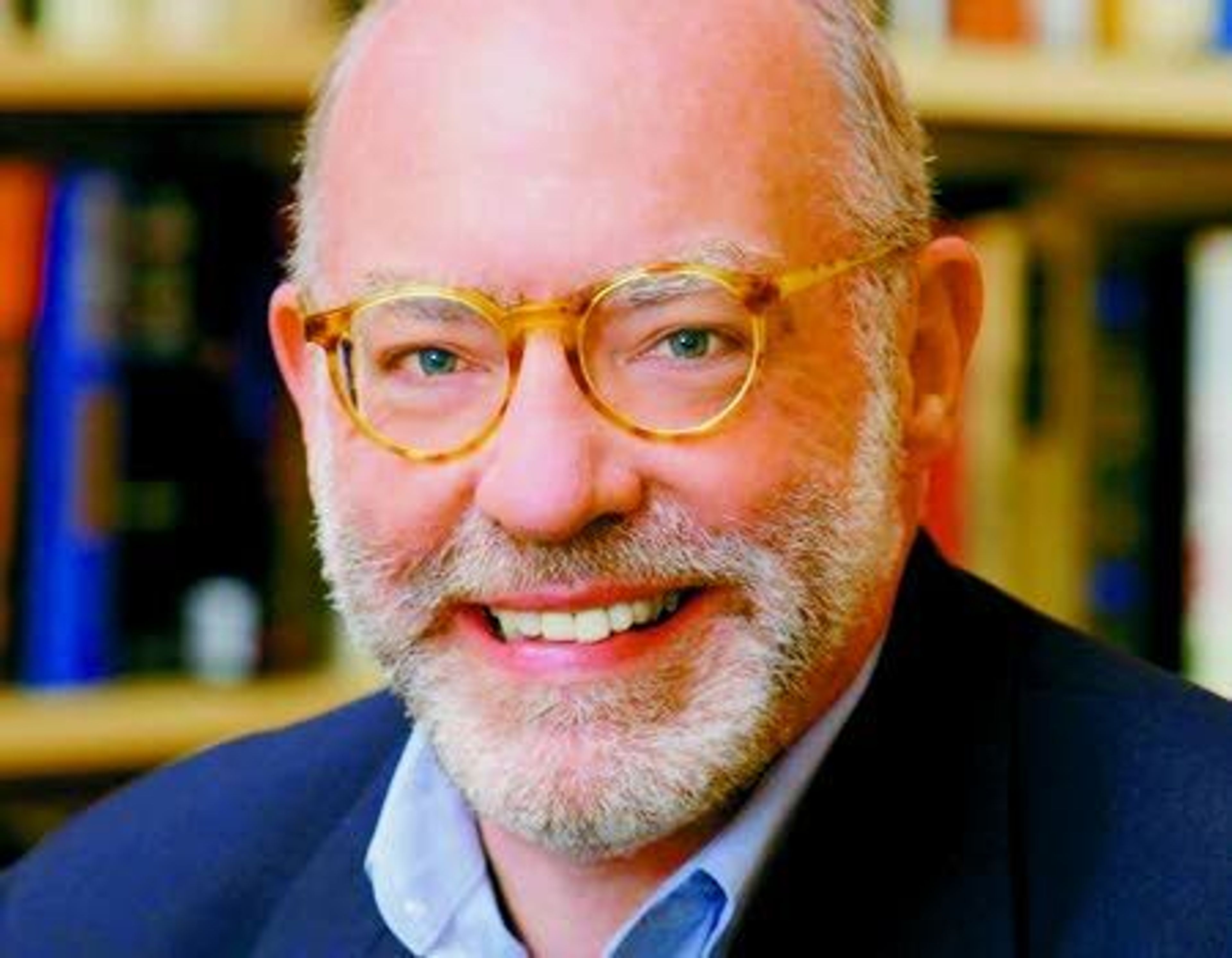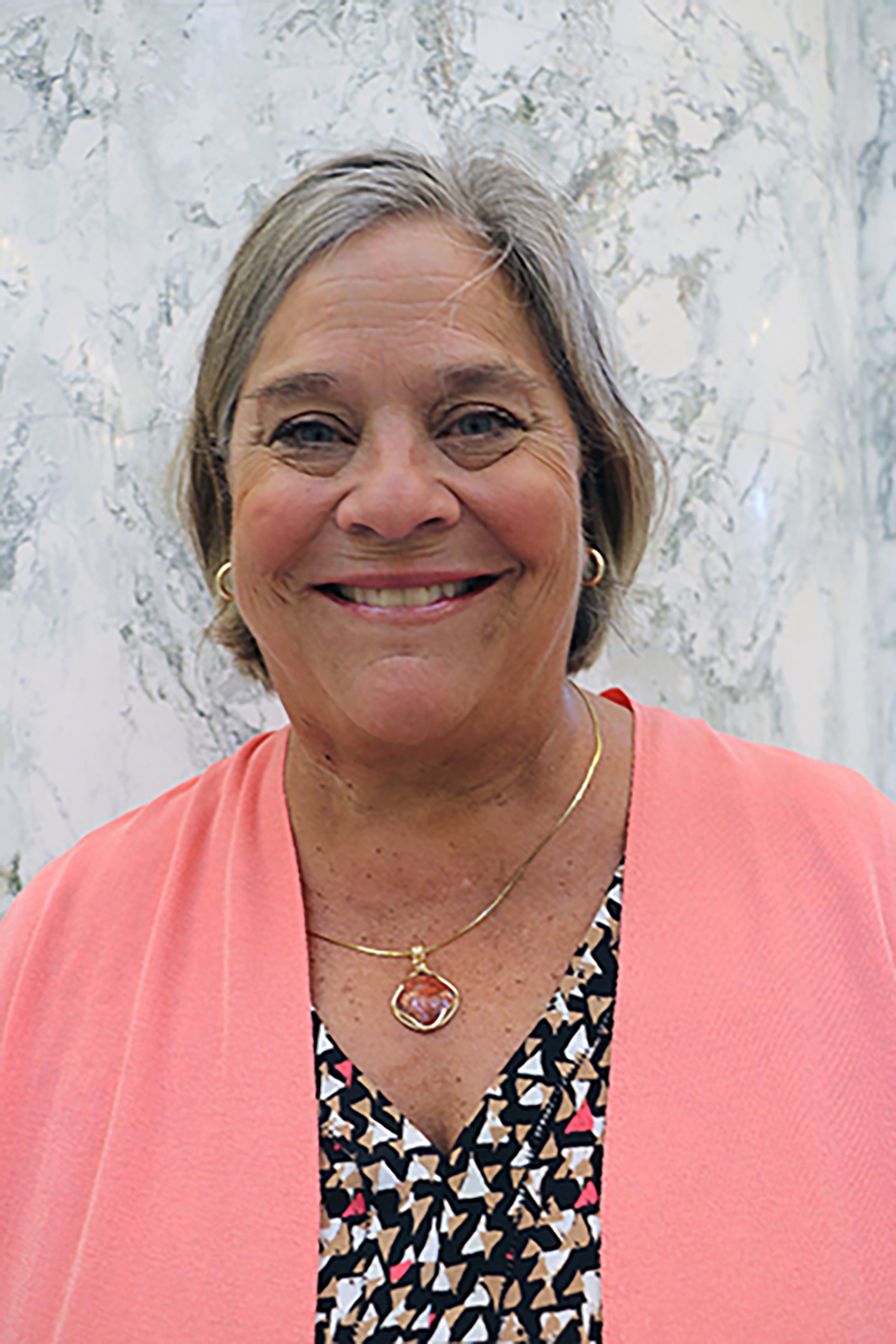Erasing history imperils our aspiration to achive a ‘more perfect union’
The Republican attorney general of Montana last week issued a binding opinion about critical race theory — or put another way Austin Knudsen stirred the simmering pot of history erasure.
In Tennessee, Gov. Bill Lee, a mechanical engineer by training who clearly missed taking any history electives in college, signed legislation that, as The Associated Press reported, bans “teachers from teaching certain concepts of race and racism in public schools, where teachers risk losing valuable state funding if they violate the new measure.”
Idaho, Oklahoma and Iowa have also passed this senseless legislation — a dozen other states entertained proposals of one kind or another — that is really aimed at keeping the culture war at a rolling boil. The controversy has literally nothing to do with American history and everything to do with the pursuit of grievance and anger that drives the overwhelmingly white, nativist wing of the Republican Party.
Idaho’s embrace of this assault on history and free inquiry resulted in outright elimination of funding “to support social justice ideology student activities, clubs, events and organizations on campus.” The would-be governor of Idaho, Janice McGeachin, has now added her own Joe McCarthy twist to the saga with an “indoctrination task force” aimed at rooting out “teachings on social justice, critical race theory, socialism, communism, (and) Marxism.”
In the Montana case, the small thinking conservatives in charge of state government were immediately slammed by human rights activists, teachers, the American Civil Liberties Union and a host of others. Travis McAdams, with the Montana Human Rights Network, said the attorney general’s opinion “creates unnecessary confusion around racism and how it impacts people in Montana.” Montana’s top legal officer and the state school superintendent, who asked for the opinion, McAdams said “are implying that discussions about real-life examples of discrimination, bias, and privilege are somehow racist, and that is completely false.”
The folks behind these proposals, and one suspects most of them really couldn’t define what precisely they want to ban, have actually selected an auspicious moment in which to roll out a national discussion of racism and white privilege. They are casting a spotlight on how the overwhelmingly white advocates of these moves seek to rewrite history.
How inconvenient for the Idaho lieutenant governor and the Montana attorney general that their crusade just happens to coincide with the remembrance of the worst race riot in American history, a radical bit of white supremacist mayhem and murder visited on the African American residents of Tulsa, Okla., on May 31 and June 1, 1921.
Few atrocities in American history have been so completely covered up, denied and rewritten as what happened in the prosperous, black Greenwood neighborhood of Tulsa 100 years ago. Historian Scott Ellsworth, a Tulsa native, has written one of several new books about the horrible history.
As the New York Times said in its review: “Among white Tulsans, Ellsworth encountered a mix of shame and defiance. Photographs and official records had disappeared. Someone had even cut out relevant parts of The Tulsa Tribune before the newspaper was committed to microfilm. Black Tulsans, too, had their own reasons not to revisit what happened. What they had lived through was horrific — Ellsworth himself has likened it to an American Kristallnacht. Many of those who had survived didn’t want to burden their children with such trauma.”
It should be noted that at least 300 Tulsa African Americans died in the riot, a number that almost certainly understates the death toll, and millions of dollars of property was destroyed. No one was ever charged. Insurance claims were disallowed. No reparations have been paid. And, until lately, no comprehensive accounting has been attempted. This is what erasing history looks like.
Karlos Hill, a historian at the University of Oklahoma, has published a photographic history of the Tulsa race massacre. “An extensive race massacre photo archive exists,” Hill has written, “because so many white participants desired to visually represent and share with other whites their role in the violent destruction of the Greenwood District. White Tulsans’ eagerness to photograph the community’s devastation was reflective of turn-of-the century lynching culture, in which photography was central.”
Tulsa in 1921 is just one example — one horrible example — of how our nation’s history of racism and white supremacy has been systematically ignored. Perpetuating the myths that these things didn’t happen or weren’t all that important distracts from the continuing struggle to bring about greater racial and class reconciliation.
Without confronting the past, we cannot confront the present. It’s really just that simple.
Dana Thompson Dorsey, an education professor at the University of South Florida, told the Iowa Capitol Dispatch recently: “If you’re going to say that racism can’t be discussed or critical race theory cannot be in civics or any type of history courses, you’re saying that racism did not exist in America and does not exist in America. That’s not true.”
“You’re going to be mis-educating students, un-educating students and not allowing them to learn the real history of the United States of America.” Dorsey stresses that real teaching about racism utilizes primary sources, the documents that detail the history.
Do we really want to put the writings of a Fredrick Douglass or a Dr. Martin Luther King Jr., or the story of courage and struggle of a Chief Joseph off limits in American classrooms? It’s clear that this wave of punitive legislation and teacher intimidation is aimed squarely at such an outcome.
The United States is a great, diverse, complicated country. Our collective past exhibits both glory and grief, heroism and heresy. We should not shy from grappling with the full measure of that history.
The Constitution speaks of forming “a more perfect union.” It does not say it is already perfect.
We study history in all its messy, contradictory, troubling, ennobling and confusing complexity because history helps us understand where we are going as people, as a society and as a country. We won’t ever get better — more perfect — by denying our past.
Johnson served as press secretary and chief of staff to the late former Idaho Gov. Cecil D. Andrus. He lives in Manzanita, Ore.









